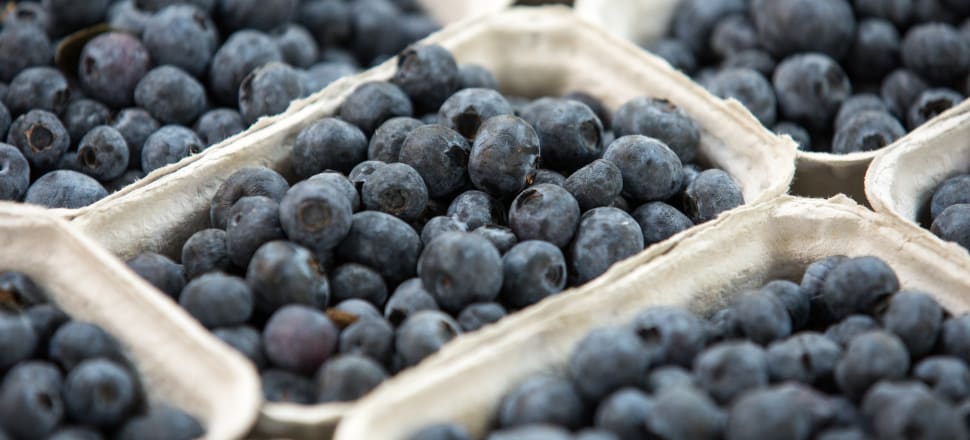
This is not the first time berries have given New Zealanders hepatitis. Dr Mark Thomas explains how it happens.
Frozen berries imported from Serbia have recently been implicated as the source of an outbreak of hepatitis A disease in New Zealand that has affected at least 13 people.
This is not the first outbreak of hepatitis A caused by eating berries in New Zealand. An outbreak that affected 39 people in 2009 was due to consumption of raw blueberries that originated from a single New Zealand blueberry farm. Contamination was presumed to have occurred during picking or processing on the farm where there were inadequate toilet facilities for workers in the fields.
Another outbreak of hepatitis A, caused by imported frozen blueberries, that affected five people, occurred in New Zealand in 2015. In other countries blueberries have been identified as the source of illness caused by a range of other microbes that infect the intestines including listeria, salmonella, and escherichia coli.
Hepatitis A virus exclusively infects humans, with infection almost always acquired by eating food or drinking liquids that have been contaminated with faeces from a person who themselves has relatively recently become infected. The disease is most common in parts of the world where there is poor sanitation and widespread consumption of untreated water.
In severely underdeveloped nations most children have been infected, and recovered with long-lasting immunity, by the age of 10. The virus is not eliminated by sewage treatment, but is inactivated in chlorinated water. Hepatitis A is a rare cause of disease in New Zealand, with fewer than 100 cases notified each year. A large proportion of cases have a history of recent overseas travel or have been in close contact with such people.
Illness usually occurs about two-six weeks after ingesting contaminated food or drink, and commonly lasts less than two months. Illness is usually more severe in older people than in young children. Common symptoms are tiredness, fever, nausea and loss of appetite. The skin and the whites of the eyes may become yellow (jaundice) and the urine may become darker than usual.
Hepatitis A infection is usually diagnosed by detecting antibodies to the virus, and high levels of bilirubin and other molecules that indicate abnormal liver function, in the person’s blood. There is no effective treatment, but mortality is rare, and a single episode of infection provides lifelong immunity. The virus is present in the faeces of infected people from one to two weeks before the onset of symptoms until one week after the onset of symptoms.
Frozen berries were the most common identified cause of outbreaks of hepatitis A in the United States, Europe, and Australia and New Zealand during 2009-2019. Presumably hand picking of blueberries, which remains the usual method of harvesting, results in opportunities for people with hepatitis A infection to transfer the virus from their hands to the berries.
Most blueberries consumed in developed nations are fresh rather than frozen. Hepatitis A virus can survive for months on contaminated surfaces at room temperature, and freezing has little effect on the virus. In contrast, heating hepatitis A virus to more than 85C for 60 seconds (which is below boiling point) will inactivate the virus and renders potentially contaminated berries perfectly safe.
Berry season is coming up, but you shouldn’t be put off your berries. It has been extremely rare for berries produced in New Zealand to be unsafe to eat fresh. You are unlikely to need to boil the strawberries, raspberries, blackberries or blueberries that turn up in your local fruit shop and supermarket this summer. Of course, you could also find a place where you can pick your own - having thoroughly washed your hands before doing so.
You might be wise to get into the habit of boiling your frozen berries, especially if you are unsure of where they came from. It will only take minute, which will do little to affect the taste and texture of your average berry pie or smoothie.







